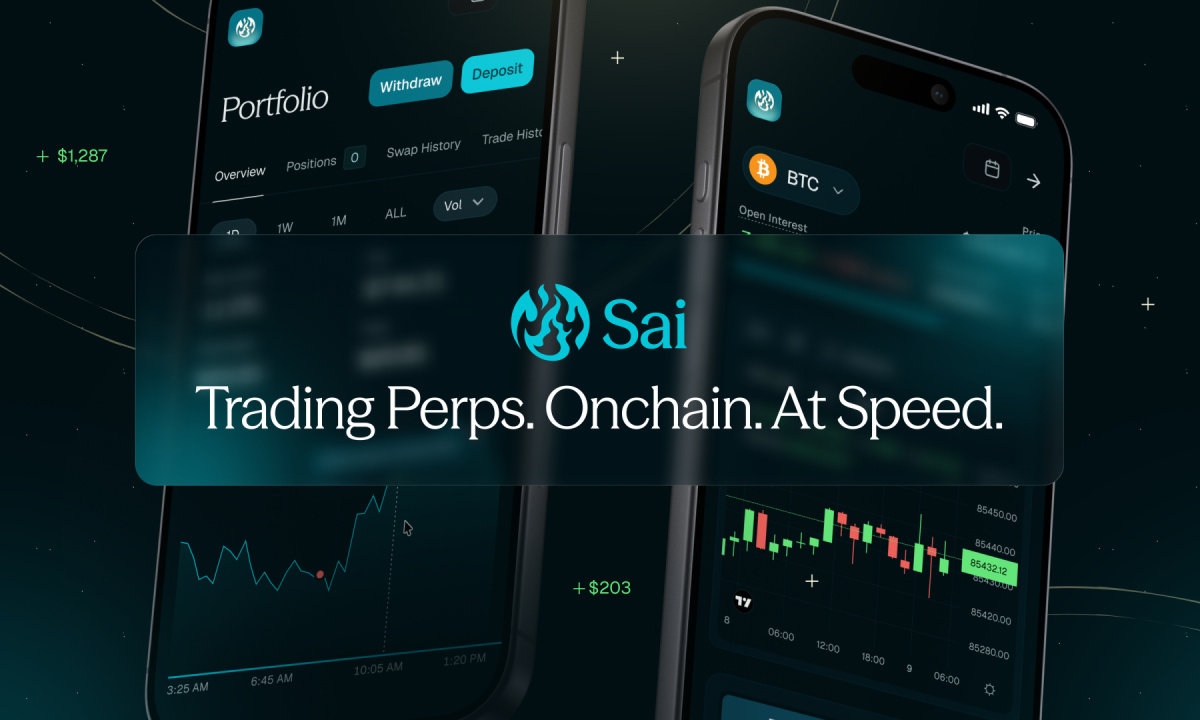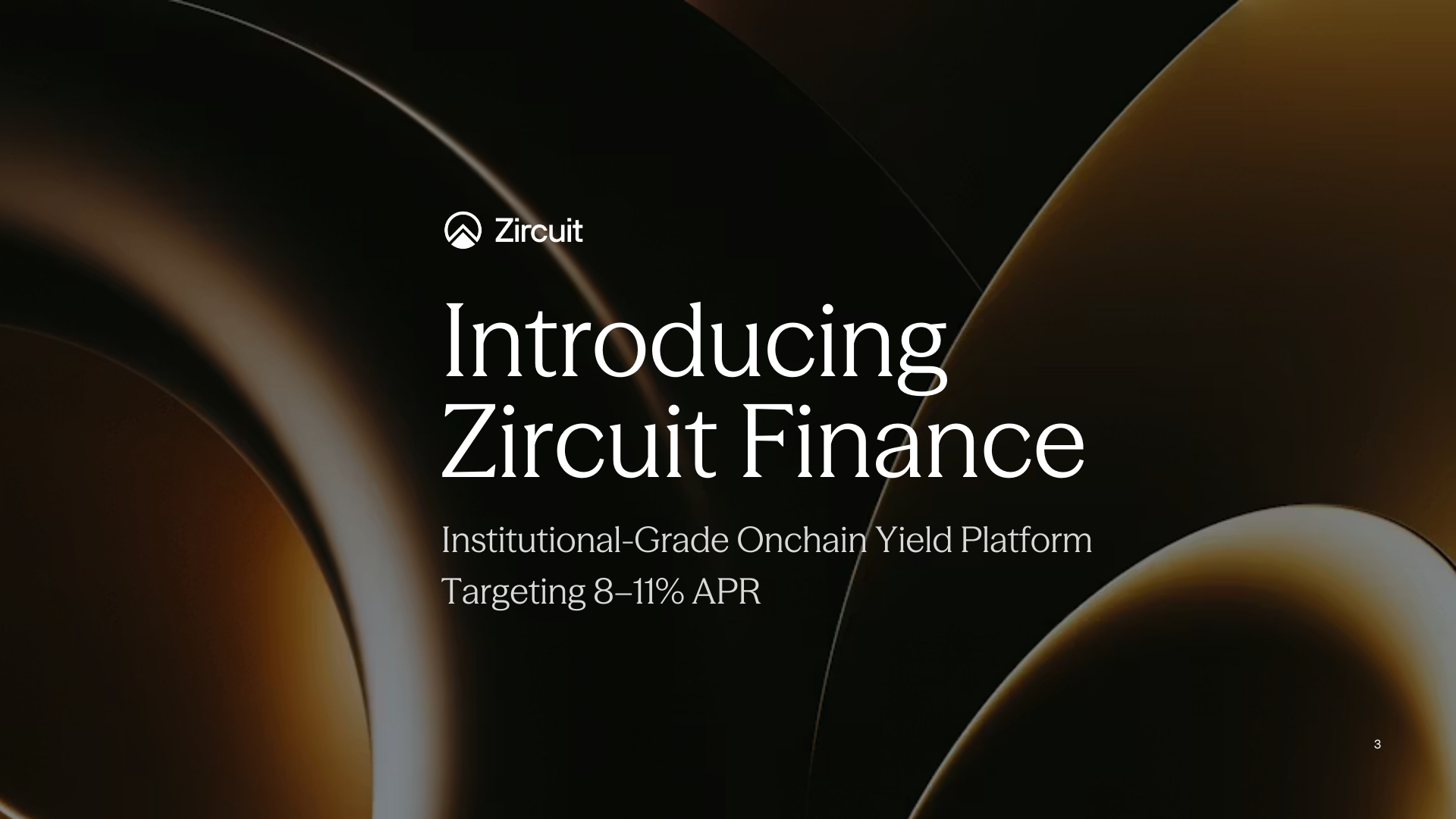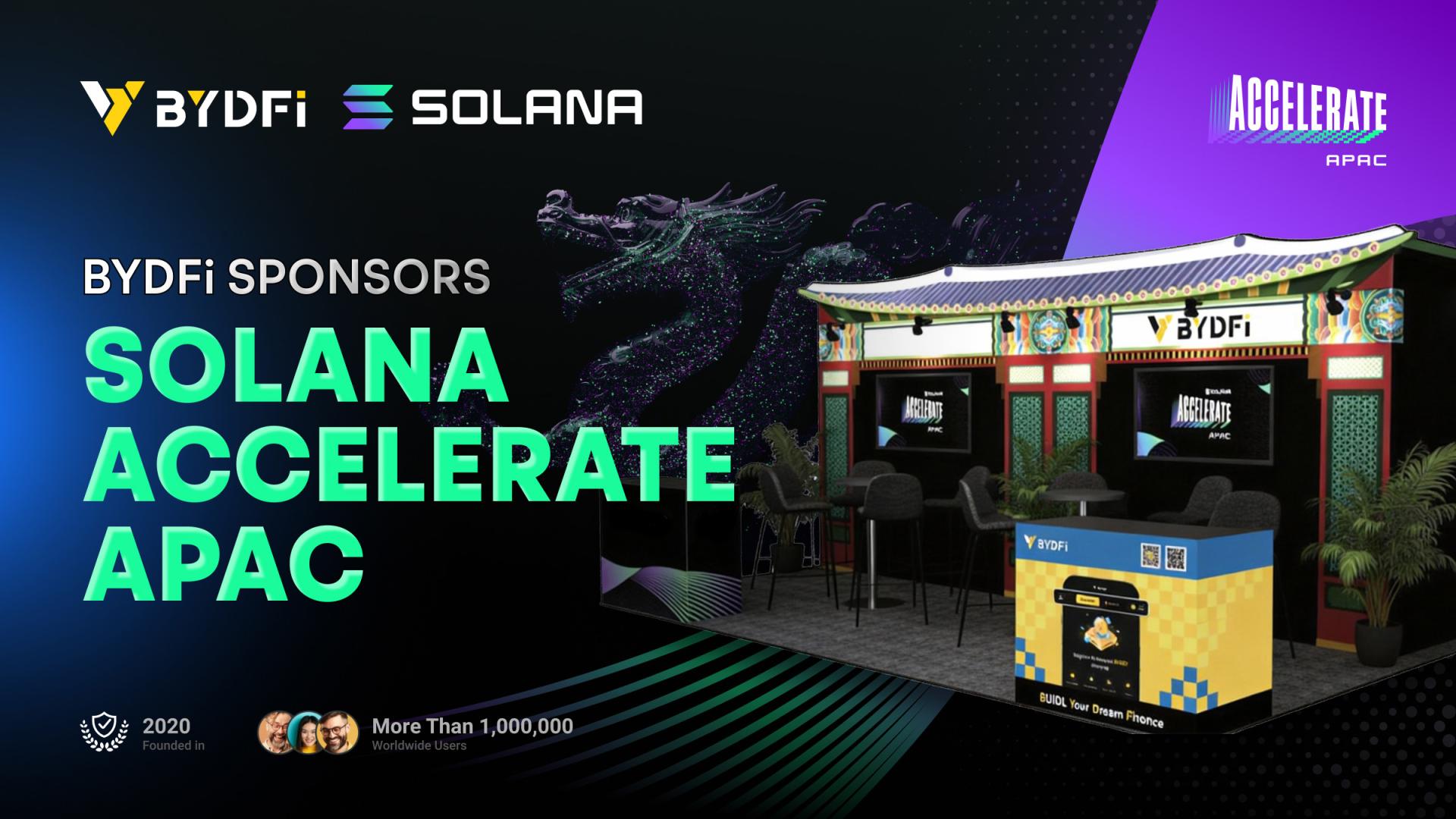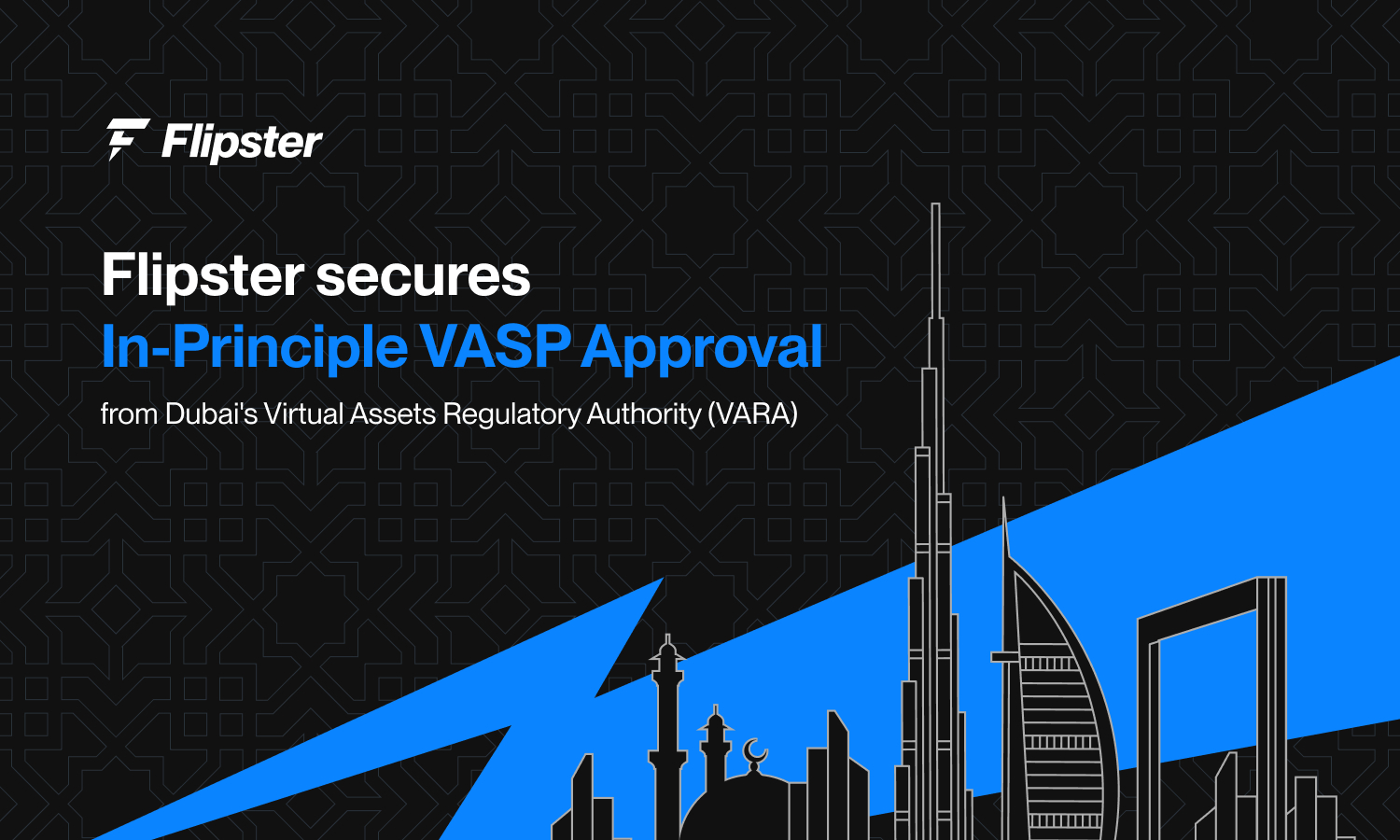Key Insights:
- The test on Goerli Testnet was aimed at decreasing gas fee costs in Ethereum
- Dencun upgrade seeks to implement Proto-Dank Sharding on Ethereum.
- The result of the test helped in the discovery of a bug which caused a delay in finality.
- Two more tests on Sepolia and Holesky Testnets are respectively scheduled on Jan 31 and Feb 07, 2024.
Ethereum’s developers have successfully implemented the Dencun upgrade on Goerli Testnet although with some delays and after a bug removal. The upgrade aims to rationalize the cost of gas in Ethereum through Proto-Dank Sharding.
Two more comprehensive tests are about to follow which would test the Ethereum’s Dencun upgrade on the Sepolia and the Holesky testnets. These are steps after the Merge which would help Ethereum outpace its competitors.
What Improves in the Dencun Upgrade?
The Dencun upgrade aims to rationalize the gas fees through an increase in the on-chain data storage. The optimization of this on-chain data storage is about to take place through a crucial update called Proto-Dank Sharding.
Let us first explain what is sharding, a broader term and then we will explore its implementation on Ethereum.
Sharding is the method of breaking the blockchain consensus into multiple smaller groups which can add blocks to the Ethereum blockchain independently.
Such division only works in the case of blockchains with a high number of validators because each group needs to have enough validators to prevent a 51% attack.
A 51% attack seeks to overtake the majority of validator nodes. Such an attack happened in June 2022 which drained $625 million worth of crypto from the Axie Infinity Game.
In the case of Ethereum, sharding is about to distribute the consensus of about 900k validators into groups of about 14k each.
However, due to the sheer size of the blockchain, a smaller form of sharding has to be first implemented. This is called the Proto-Dank Sharding with the proposal number EIP – 4844.
How Proto-Dank Sharding Works?
The Proto-Dank Sharding was developed by two Ethereum researchers Protolambda and Dankrad Feist. It seeks to increase the storage space in Ethereum blocks which will make those blocks accommodate more transactions and therefore decrease the fee.
The increase in block size will be done through the addition of a feature called “Blobs”. These blobs will add temporary storage spaces to Ethereum blocks which will be deleted after 3 months.
This is similar to Zero Knowledge Rollups where only the summary of transactions is recorded and not the actual transactions. In the case of Proto-Dank Sharding, the blobs will store the individual transaction details and the summary of these will exist on the main blockchain forever.
Think of it as if you do not trust someone with money and ask them to buy a fixed-price thing for you. Then, you will not doubt that the person was truthful if they buy you the thing and also return you the exact change. This is assuming that you know the price of the thing.
Result of the Dencun Upgrade Test on Goerli
The test did not go as expected because of a delay in the finality of transactions. Ethereum developer Parithosh shared on X.com that there was a delay in finality encountered in the Goerli Testnet due to a bug.
The Goerli Testnet had 563k validators during the time of writing this article.

However, later the bug was resolved and Ethereum’s Goerli Testnet reached finality.
Finality is the irreversible inscription of data on a blockchain. The finality on a blockchain is reached only after it receives a high number of validator approvals.
The delay in reaching finality could be a setback for further tests. Ethereum developers are about to test the Dencun upgrade on the Sepolia Testnet on January 31, 2024 and the Holesky Testnet on February 7, 2024.
Disclaimer: Voice of Crypto aims to deliver accurate and up-to-date information, but it will not be responsible for any missing facts or inaccurate information. Cryptocurrencies are highly volatile financial assets, so research and make your own financial decisions.









